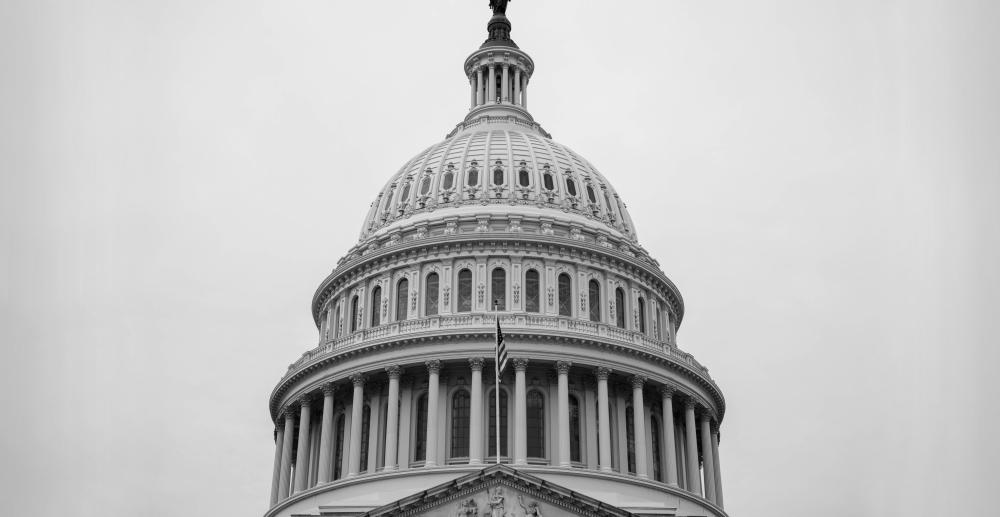My road to recovery started in the emergency room.
The day after I ended up hospitalized for drinking too much, my life rapidly began to change. The ER doctor was concerned because my blood alcohol content had been so high—.34—yet I was still functioning. This indicated that my body had become used to that amount of alcohol, and had adjusted to tolerate it. Because of this warning sign, the doctor had a discussion with my parents and recommended they seek help for me.
At this point, I wanted nothing to do with getting sober. I was only 20 years old and never even had a legal drink. Though the trip to the hospital had shaken me up a little, the last thing I wanted to do was stop drinking completely. I convinced myself that this incident would blow over and that my parents would chalk it up to a one-time thing.
It turned out, I was very wrong about that.
I was discharged from the hospital and returned home with my parents. That day, I remember sitting outside on the front deck, eating popsicle after popsicle, trying to ward off a hangover. Though I was mad at myself for getting caught the night before, I realized there was nothing I could do about it at this point.
Getting help for an addiction I didn’t think I had.
As I obliviously sat outside that morning, my mom was inside the house, placing calls to treatment facilities and trying to figure out which program would be the best fit for me. After some discussion with professionals, my parents settled on an outpatient treatment program at a youth facility. I was to start the next week.
When they told me this, I couldn’t really process what was happening. It seemed almost comical that I would be going to treatment. I didn’t think I had a drinking problem. After all, I was in college. I maintained good grades, played a sport, and had solid friendships. Surely I was anything but a stereotypical alcoholic!
Though I didn’t want to, I knew I had no choice but to attend the program.
As I drove to my first day of treatment, I was in disbelief. I pulled into the parking lot after a 40-minute drive, and I couldn’t force myself out of the car. I spent another 20 minutes sitting there, wondering how this had become my life.
Eventually, I mustered up the courage to enter the building. I was taken into a small room where all of my belongings were searched and my phone was taken. I felt like a criminal of sorts, on top of being a scared 20-year-old girl. After my belongings were cleared, I was handed an assortment of materials, including an AA book. I stared at the foreign object in my hand, again with a feeling of disbelief washing over me.
My perspective changed slowly over time.
That night I attended my first group session. I felt completely out of place, as if I were watching someone else’s life unfold. That feeling continued for my first month of treatment. I physically showed up because I had to, but I wasn’t mentally invested. I didn’t want to be there, and I made that fact known.
But then I found that beginning to change. I started looking forward to going to treatment because I realized something—these people understood me. I wasn’t alone, and they wouldn’t judge me. My life had begun to feel more manageable. I felt physically healthy again, and it was a good feeling to wake up every morning knowing exactly what I had done and said the night before.
Though I’m still not quite sure how it happened, I went from despising sobriety to embracing it. During the second half of the two-month program, I became a different person. I engaged with the group, smiled, even laughed. I explored my emotions and pinpointed what it was that I enjoyed about drinking and how I could find that fulfillment in other places.
On my last day of treatment, my parents came to my small graduation ceremony. Throughout the previous few weeks, our relationship had been strained. I’d resented them for making me get help for my addiction, and I wanted nothing to do with discussing anything sobriety-related with them. But on this day, there were no negative feelings. I was filled with happiness and pride and excitement.
But I was also anxious for what was to come: real life outside of treatment.









